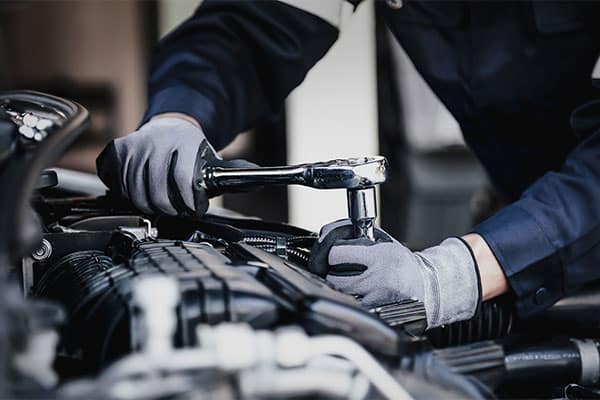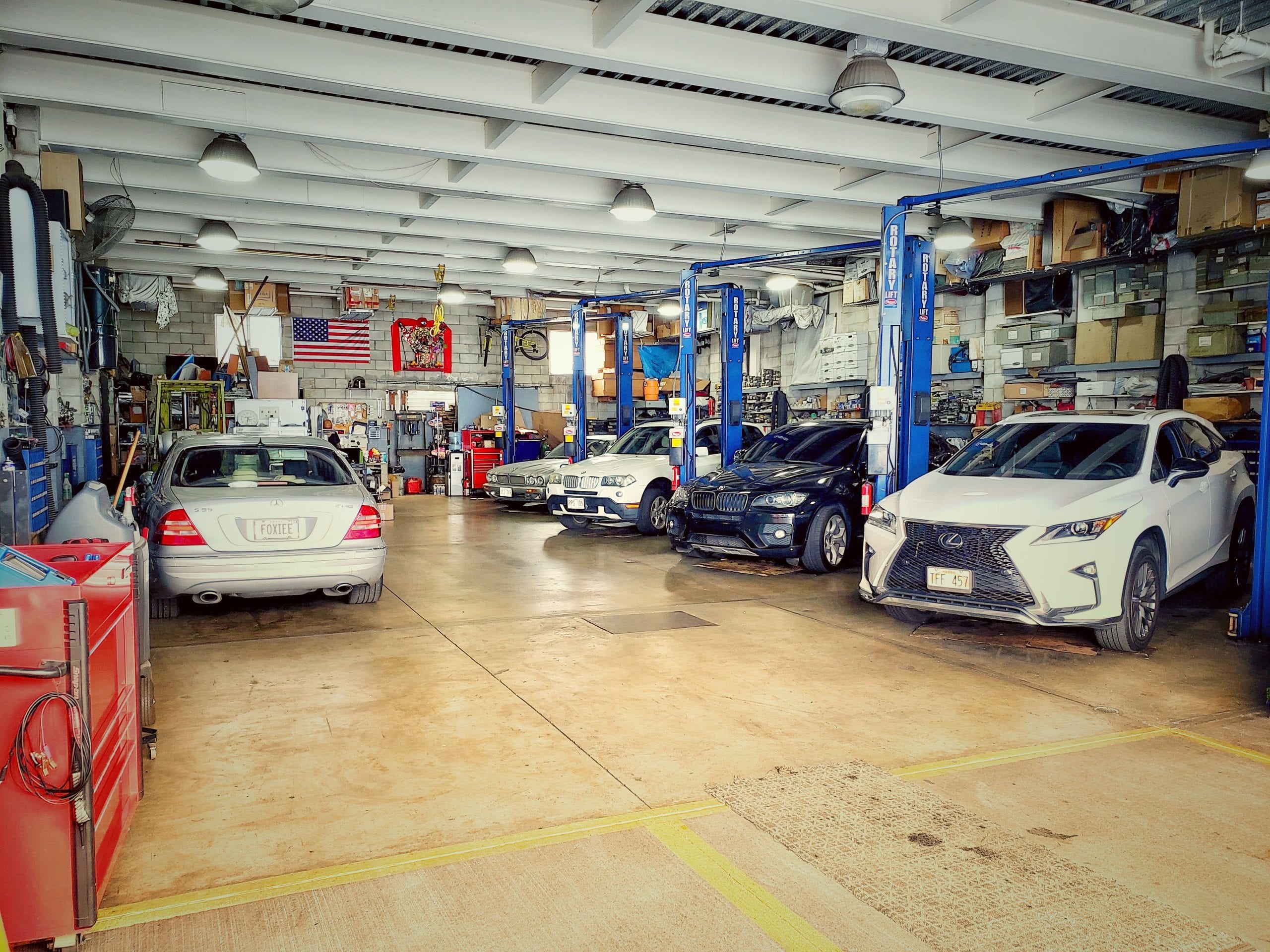All Categories
Featured

Your vehicle's engine is the heart of your car, and keeping it in top condition is important for optimal performance and longevity. Routine engine tune-ups are a terrific method to maintain your cars and truck's health, enhance fuel effectiveness, and prevent costly repair work later on. Whether you're a car enthusiast or somebody that simply wishes to keep their lorry running smoothly, these engine tune-up tips will certainly help you get one of the most out of your vehicle.
- Change Spark Plugs. Spark plugs play a vital function in beginning your engine and guaranteeing smooth combustion. With time, trigger plugs can become unclean or used out, leading to misfires, decreased gas effectiveness, and rough idling.
Throughout an engine tune-up, evaluate and replace your ignition system if needed. Most vehicles need brand-new ignition system every 30,000 to 100,000 miles, depending upon the kind. Routinely replacing trigger plugs ensures appropriate ignition and ideal engine performance.
- Inspect and Clean the Air Filter. The air filter stops dirt, dust, and debris from entering your engine. A clogged or filthy air filter restricts air movement, creating your engine to work harder and melt more fuel.
Check your air filter during a tune-up and change it if it's dirty. In messy settings or locations with hefty pollution, you may need to transform the air filter much more regularly. A tidy air filter can enhance fuel effectiveness and expand the life of your engine.
- Examine and Change Belts and Tubes. Belts and pipes are vital for different engine features, such as powering the generator, water pump, and air conditioning system. In time, these elements can split, fray, or put on out, possibly causing break downs.
During a tune-up, check belts and tubes for signs of wear and replace them if needed. Changing these parts proactively can save you from expensive repair services and stop unanticipated failures.
- Clean the Gas System. Your fuel system, including the gas injectors and fuel lines, can collect dirt and carbon deposits with time, lowering engine efficiency. Cleansing the fuel system throughout a tune-up helps enhance performance and gas economic situation.
You can make use of a gas system cleaner or have a specialist mechanic do a much more extensive cleansing. This step is particularly essential for older lorries or cars that often drive in stop-and-go website traffic.
- Check the Battery and Charging System. A healthy and balanced battery is necessary for starting your engine and powering electric elements. Throughout a tune-up, check the battery terminals for deterioration and guarantee the links are tight.
Check the battery's voltage and replace it if it shows indicators of weak point. Additionally, have the generator and billing system examined to guarantee your battery stays billed during procedure.
- Modification the Engine Oil and Oil Filter. Oil changes are a fundamental component of engine maintenance. Engine oil lubes relocating parts, minimizes rubbing, and helps regulate engine temperature. Over time, oil ends up being infected and loses its performance.
Throughout a tune-up, replace the engine oil and oil filter to keep your engine running smoothly. Follow your car's supplier recommendations for oil kind and adjustment periods.
- Examine the Cooling System. The air conditioning system stops your engine from overheating. Over time, coolant can deteriorate or become polluted, decreasing its effectiveness.
Examine the coolant level and problem during a tune-up, and flush and replace it if needed. Examine the radiator, water pump, and tubes for leakages or damage. A well-maintained air conditioning system aids your engine run at the appropriate temperature and avoids getting too hot.
- Test the Ignition System. A faulty ignition system can create starting issues and decreased engine efficiency. During a tune-up, check the ignition coils, representative cap, and rotor (if relevant) Replace any type of parts that show signs of wear or damage to make certain smooth and reliable engine operation.
- Pay Attention for Unusual Noises. During a tune-up, take the possibility to pay attention for any kind of uncommon engine sounds, such as knocking, ticking, or hissing. These noises can indicate underlying problems, such as valve issues, loosened elements, or exhaust leaks. Dealing with these problems early can avoid more considerable damages.
- Use High Quality Parts and Fluids. When executing an engine tune-up, constantly use top notch parts and liquids that satisfy your car supplier's specifications. Inexpensive or inaccurate parts can jeopardize your engine's performance and reliability.
Conclusion: A Well-Tuned Engine is Secret to Long life. Normal engine tune-ups are crucial for preserving your car's performance, efficiency, and reliability. By replacing used components, cleansing crucial systems, and dealing with possible concerns, you can keep your engine running efficiently for many years to find. Whether you're doing it yourself or relying upon a relied on mechanic, buying tune-ups is a clever means to shield your car and appreciate a more secure, smoother adventure.
Latest Posts
Your Source for Fencing Excellence in Design and Installation
Explore Durable and Stylish Fencing Options for Every Property
Build Privacy, Security, and Style with Our Professional Fencing
More
Latest Posts
Your Source for Fencing Excellence in Design and Installation
Explore Durable and Stylish Fencing Options for Every Property
Build Privacy, Security, and Style with Our Professional Fencing
